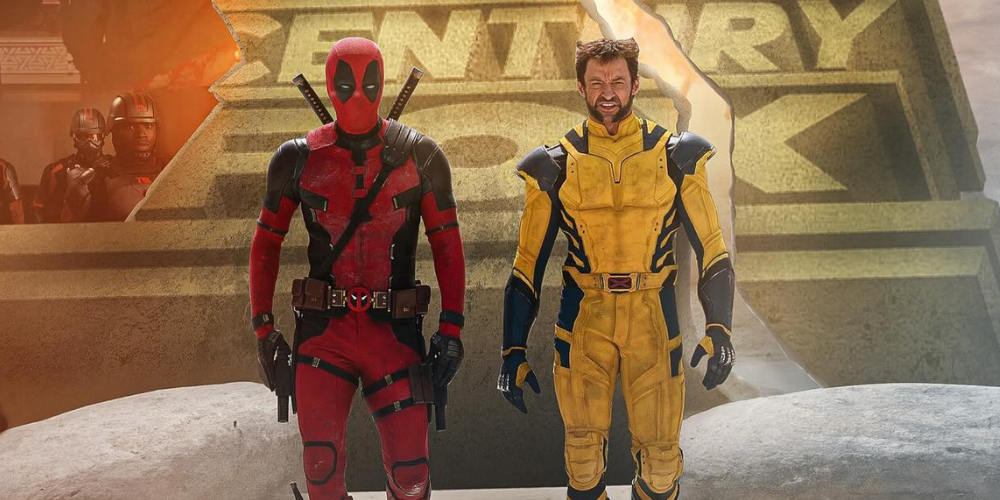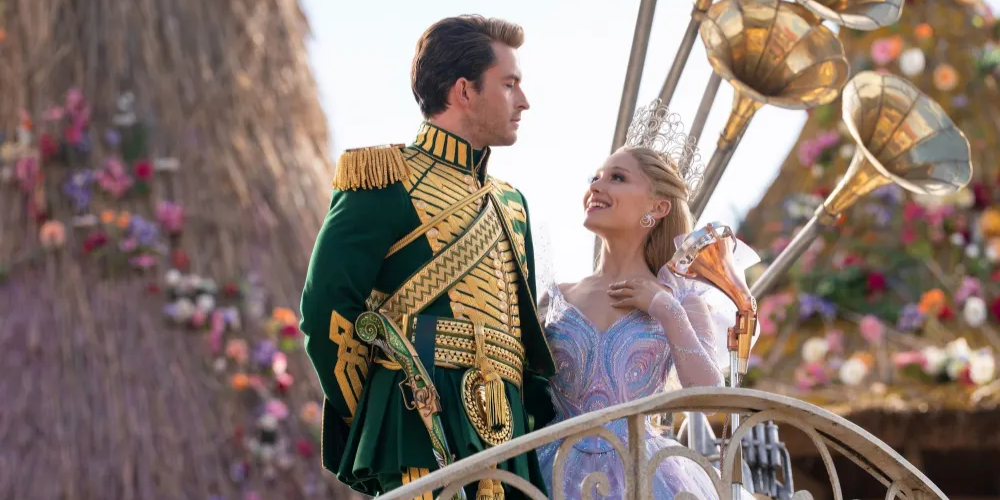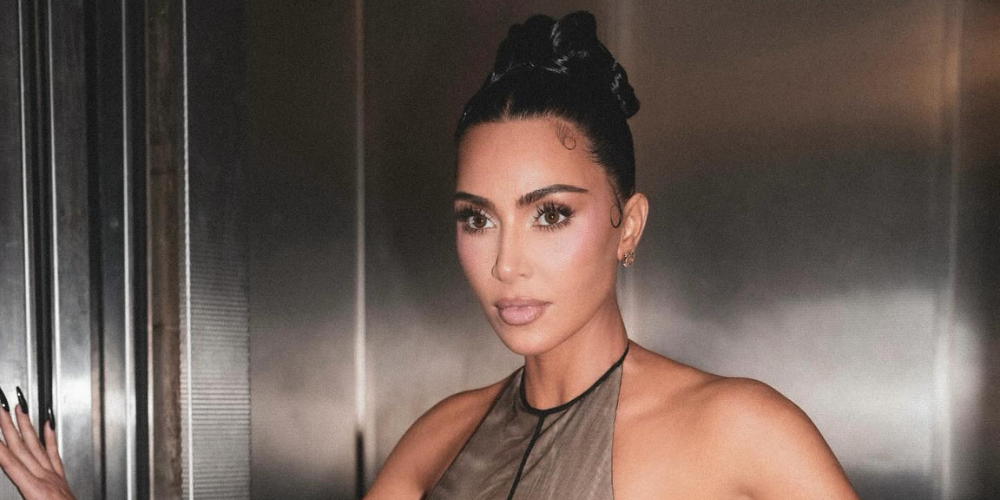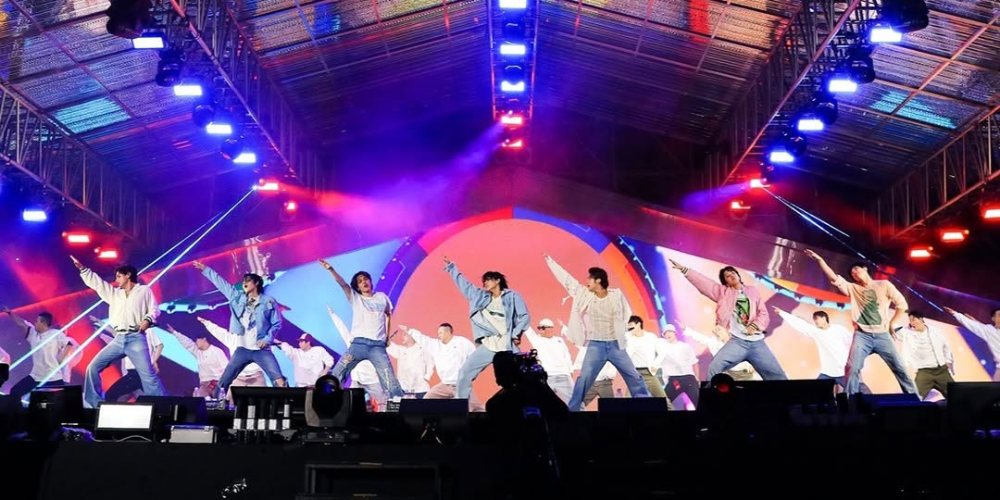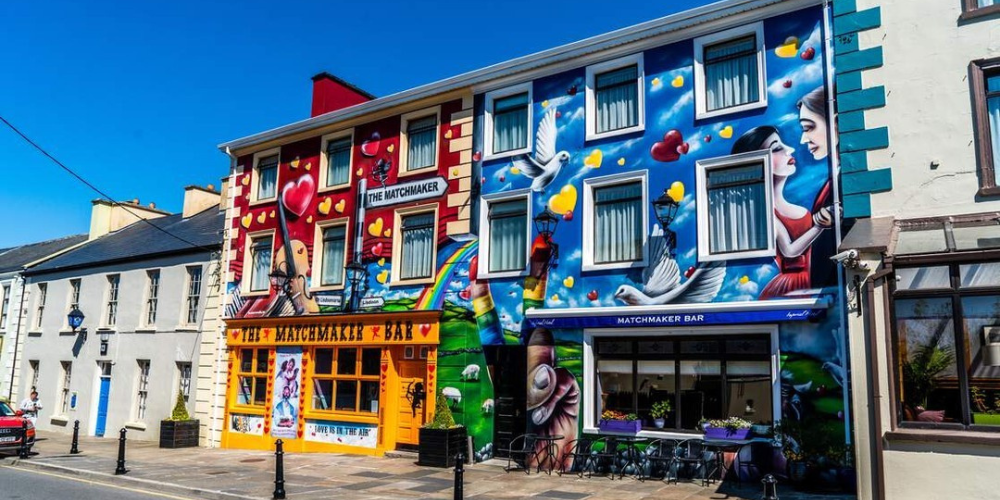The entertainment industry hasn’t been shy about its concerns with AI. The Writers Guild strike in 2023 was a turning point, where writers demanded limits on how AI could be used in storytelling. Around the same time, major recording artists signed open letters pushing back against its role in music production.
Despite the growing tension, AI has already been integrated into many areas of the business—often without much fanfare. From behind-the-scenes tech in gaming to recommendation systems in streaming, its presence isn’t sudden. But its momentum is raising harder questions than ever before.
Surprisingly, AI might not just disrupt creativity—it may actually unlock more of it. Used wisely, it could help storytellers create more, spend less, and reach wider audiences.
AI Has Already Changed the Industry
Long before AI became a household term, streaming giants like Netflix and Spotify had already used it. Their algorithms track user behavior to recommend music or movies with uncanny accuracy. AI drives NPC behavior in games, helps simulate lifelike sports experiences, and adjusts gameplay difficulty in real-time.
In fact, AI works so seamlessly in the background that many viewers and players don't even notice. That invisibility once allowed the tech to grow without sparking fear.
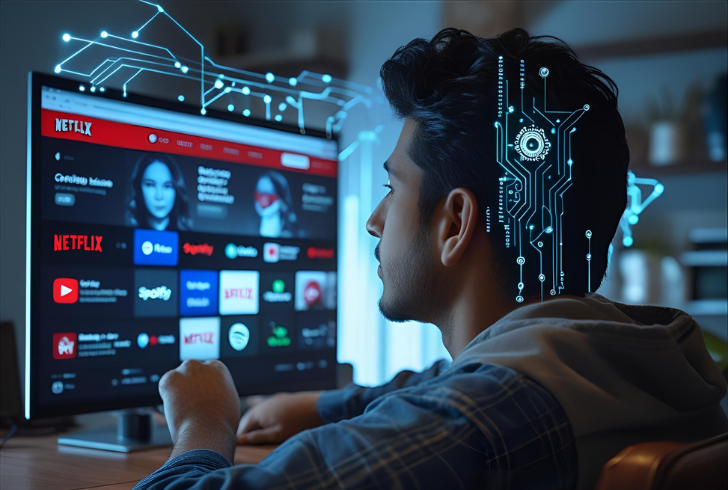
Canva Ai | Streaming services like Netflix and Spotify utilized AI algorithms for accurate recommendations.
Today, though, AI takes center stage—and its more visible role has brought along anxiety, misinformation, and resistance. The technology hasn’t changed as much as the conversation around it. And now that it’s out in the open, creators face a big decision: fight it or find ways to use it with purpose.
Empowering Creativity Without Replacing It
Artists often run into the same roadblocks—tight deadlines, limited budgets, and not enough hands to do it all. That’s where AI has started to step in, not to take over, but to smooth out the parts of the process that slow everything down.
Say you’re producing an audio drama and need voiceovers on a tight schedule—AI can handle that. Or maybe you’re developing a comic series and want help with colorizing or scene composition. In those moments, AI doesn’t take over the story; it clears the way for creators to tell it.
More importantly, they also help level the playing field. Independent creators no longer need massive budgets to achieve a polished look. AI shortens the distance between concept and creation, allowing more people to enter the industry.
This potential democratization is probably the most fascinating aspect of the story. Instead of widening the gap between studios and solo artists, AI—if used with intent—can shrink it.
Bridging Language Barriers in Global Media
Storytelling isn’t bound by borders, but language often is. AI breaks that down. With real-time translation tools, a series written in Spanish can quickly reach an English-speaking audience. A Korean webcomic can expand into Europe without needing months of manual translation.
These advancements unlock entirely new audiences, giving creators the power to connect with fans across continents. For consumers, it means richer, more diverse stories—ones that might never have reached them otherwise.
AI also improves accessibility. It can automatically add subtitles or descriptive audio to content, ensuring that more people can enjoy entertainment regardless of hearing or vision limitations.
A Creative Explosion Is Coming
With more creators having access to production-grade tools, the entertainment world may soon experience an explosion of new voices. People with great ideas but no prior production experience now have a way in.
The impact could mirror the streaming boom—when more platforms allowed for more shows, genres, and creators to thrive. But this time, the surge might come from the bottom up, with small teams or even solo artists building content that rivals large studios.
At the same time, many professionals express concerns about originality, ethics, and copyright. These concerns remain valid. AI must be trained responsibly and used transparently. But shutting it out completely may do more harm than good, especially for underrepresented or emerging artists.
The Financial Upside Can't Be Ignored
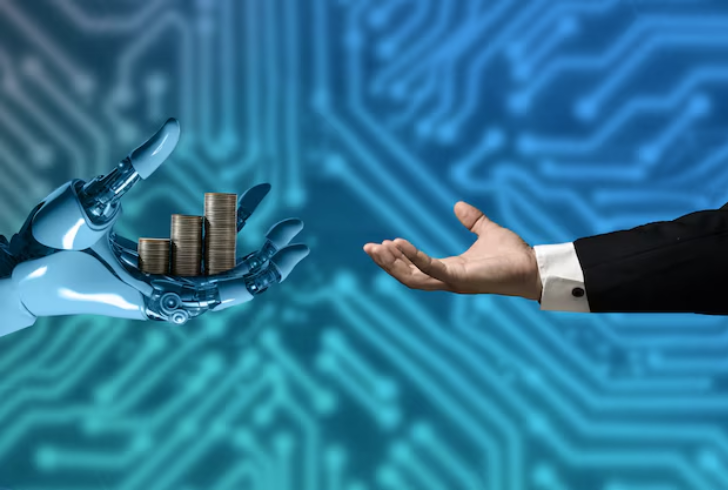
Freepik| Production companies can save millions using AI, which translates to faster, cheaper content for consumers.
On the economic side, the use of AI could save production companies millions. Shorter timelines, smaller teams, and lower editing costs mean faster, leaner releases. For consumers, this often translates into more content, made more affordably, and available faster.
That efficiency matters. In an industry where even modest TV shows cost millions to produce, reducing overhead can encourage more experimental, diverse, or niche content. Creators no longer need to bet everything on a single blockbuster when they can create multiple smaller pieces with far less risk.
At the same time, AI doesn’t remove the need for vision, emotion, and humanity. Tools can only go so far—the final creative spark still lies in the hands of the storyteller.
Why the Human Touch Still Wins
Despite the rise of AI in development and production, audiences still seek stories that resonate emotionally. Algorithms can't fully replace intuition, nor can they mimic lived experience. AI tools may help creators shape their work, but authentic storytelling still connects through a human lens.
When used mindfully, AI doesn’t erase the artist—it amplifies their reach. And for many creators, especially those outside traditional industry hubs, this shift means more than just productivity—it means opportunity.



